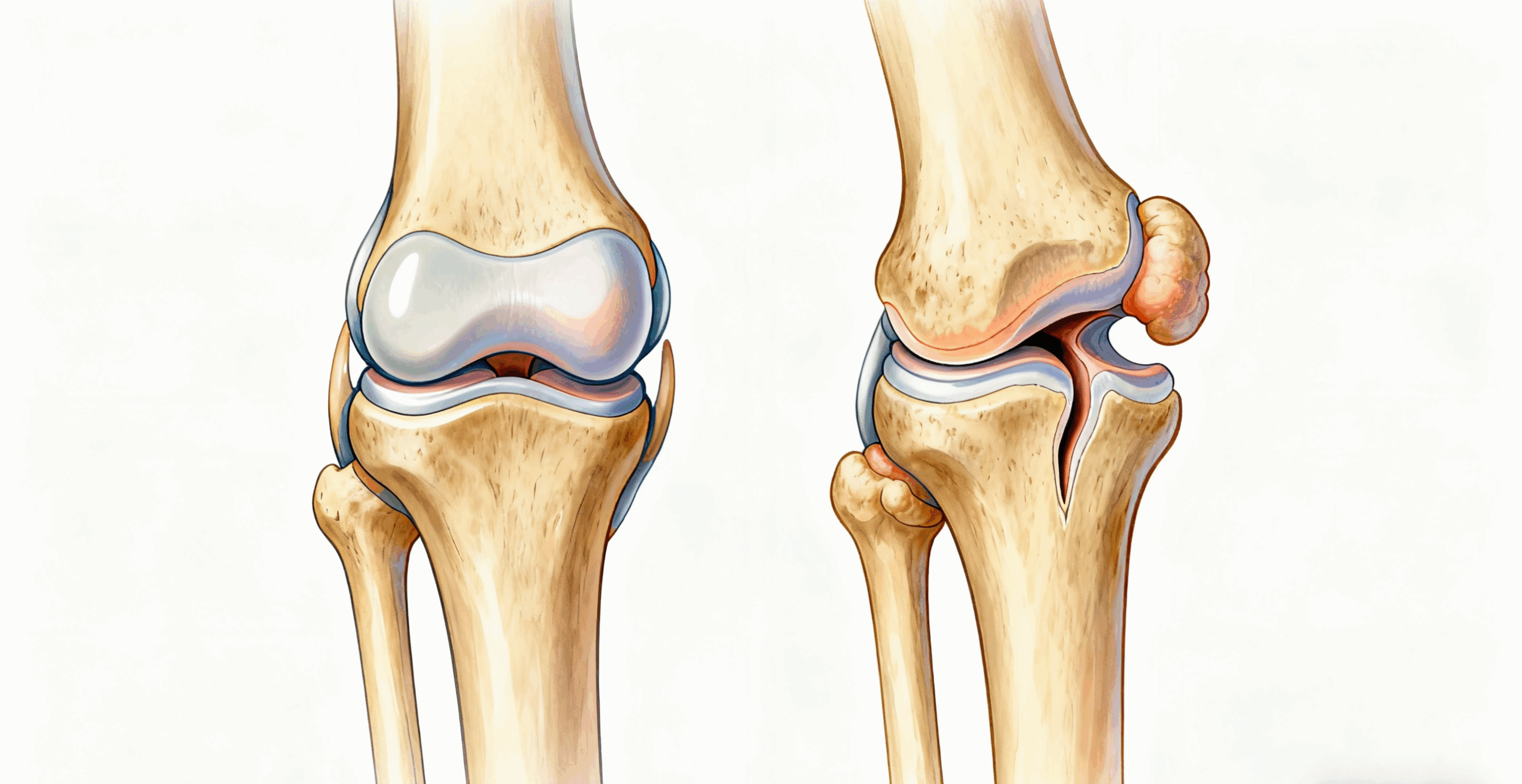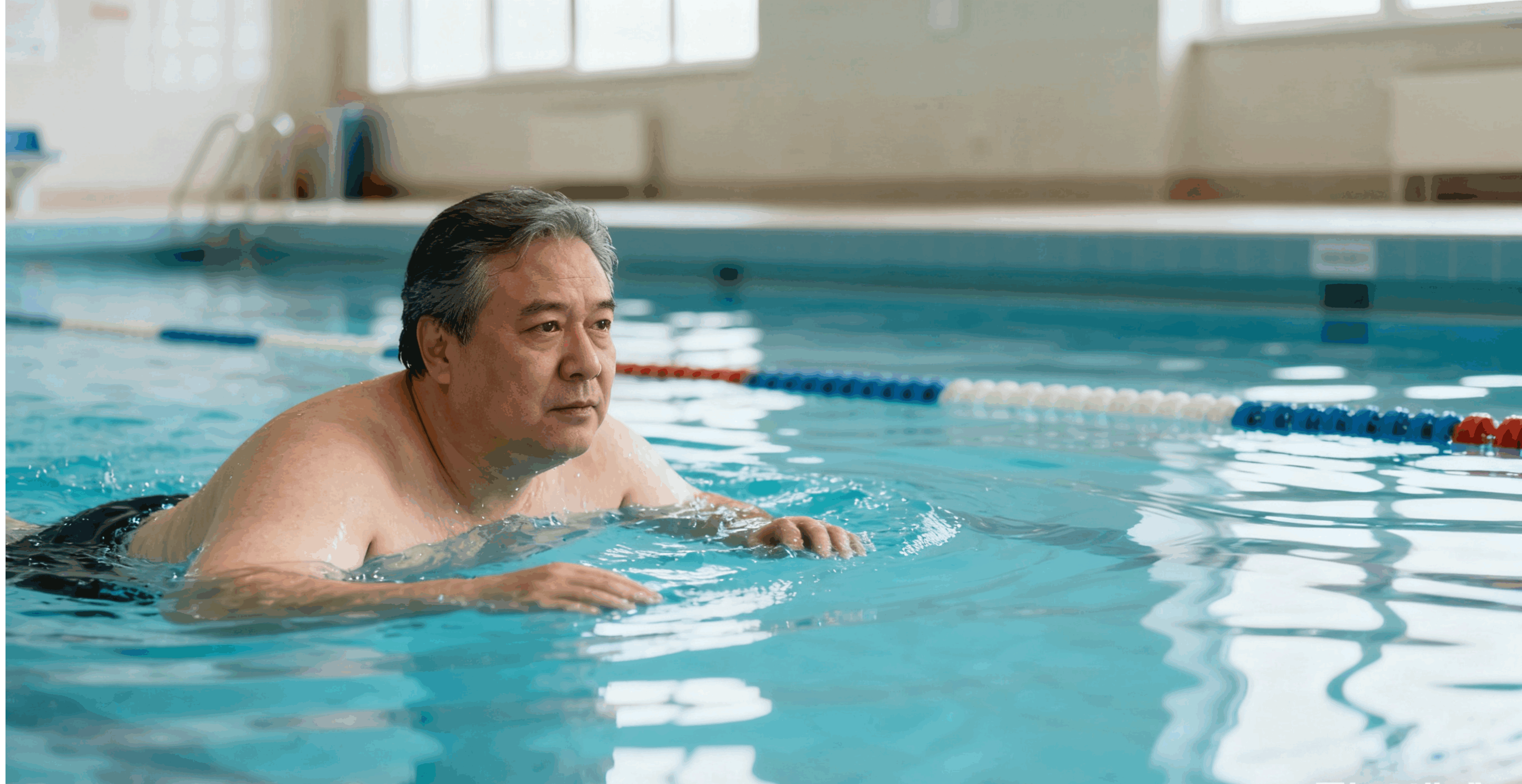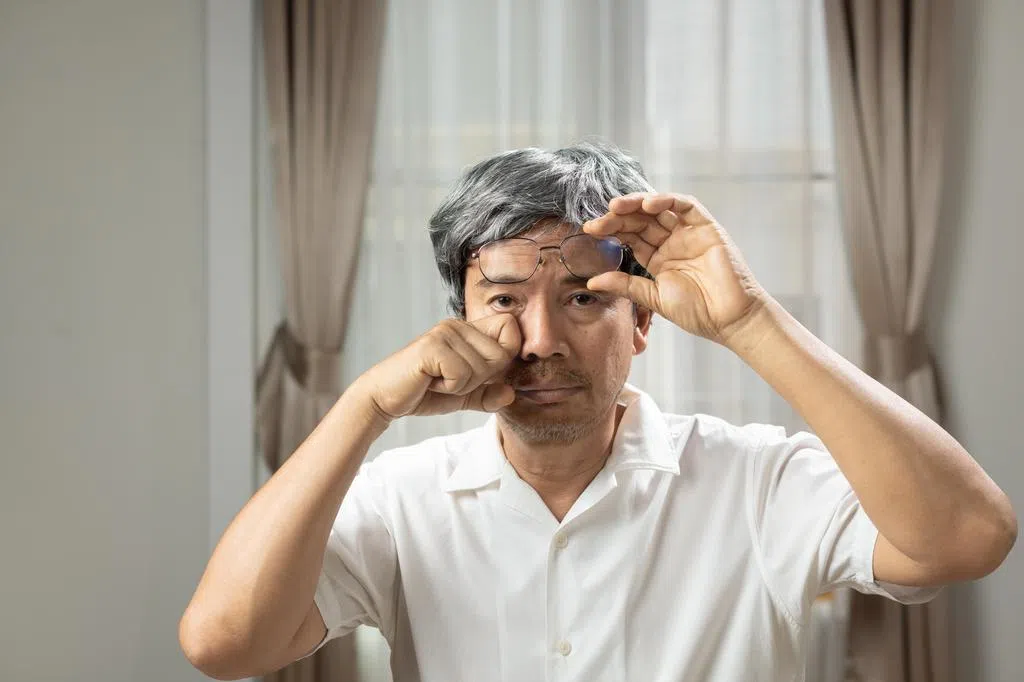Osteoarthritis is currently irreversible because cartilage loss is permanent.

Dr. Chen Yongqiang, Senior Consultant and Medical Director of Alps Orthopaedic Centre, a member of the Beyond Medical Group, explained in an interview with Live Well that osteoarthritis is currently irreversible because cartilage loss is permanent.
The good news is that patients can usually slow the progression of their condition through weight management, physical therapy, targeted exercises, and appropriate medication.
In addition to traditional physical therapy and medication, a variety of emerging treatments have recently played an important role in disease management. Regenerative therapies, such as platelet-rich plasma (PRP) injections, minimally invasive arthroscopic surgery, and advanced joint support systems, generally help relieve pain and promote the restoration of joint function.
For younger patients with more severe disease, when conservative treatments are insufficient, doctors often prioritize natural joint-preserving procedures, such as cartilage repair or osteotomy (reduction surgery), to delay the need for artificial joint replacement.
If the condition is severe and joint replacement is necessary, doctors may recommend partial joint replacement or robotic-assisted knee replacement. Robotic-assisted surgery allows for more precise implant placement, improving joint function and extending implant life.
Total joint replacement is a last resort, typically reserved for patients with severe and extensive joint damage.




